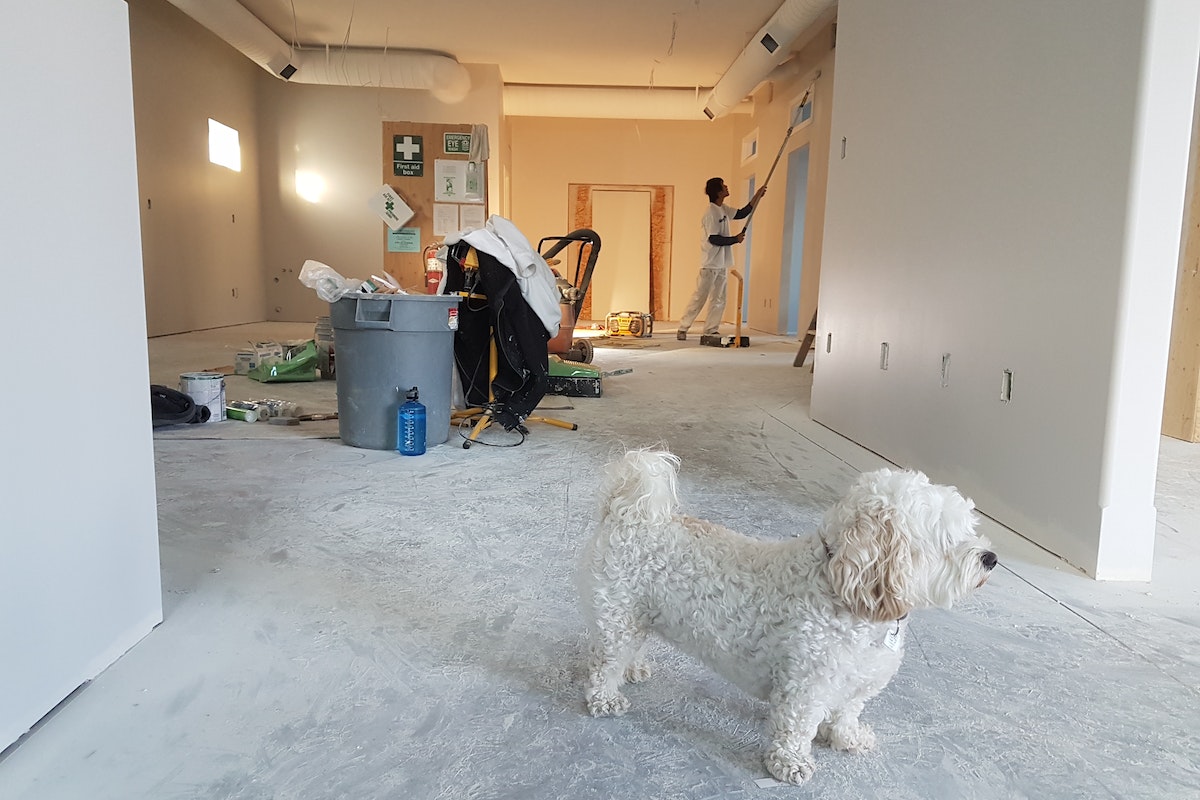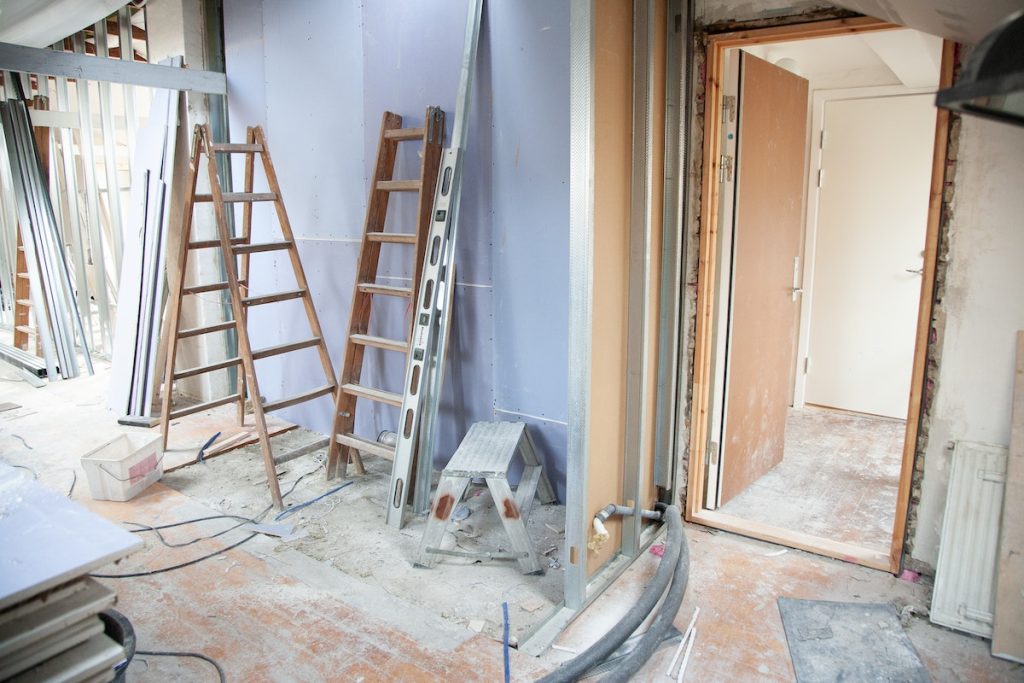- Home renovation and improvement spending are predicted to slow significantly by 2023.
- Know your limits when it comes to DIY home renovations, and hire a professional contractor for difficult tasks.
- Research the necessary materials and supplies, tools, timeline, and budget before starting any project.
- Keep good records of expenses and supplies throughout the renovation process.
- Use appropriate safety tools and equipment, wear protective gear, and stay organized while working on the home renovation project.
Expenditures for housing repairs and improvements experienced double-digit growth in the past few years. But the Leading Indicator of Remodeling Activity (LIRA) predicts that this upward trend will slow significantly in 2023. According to Harvard University’s Joint Center for Housing Studies’ Remodeling Futures Program report, annual spending on home renovation and upkeep is projected to go from 16.3 percent at 2022’s end to only 2.6 percent by the close of 2023 – illustrating an unmistakable deceleration not seen before now.
Home renovation projects can be an exciting way to transform your home and give it a fresh look. But with the excitement comes some very real risks. Whether you’re a seasoned DIYer or just starting, here are some tips to keep in mind to stay safe during your home renovation project.

Know Your Limits
Tackling a full-scale home renovation project on your own is no small task. It’s essential to know your limits when it comes to what work you can do safely and correctly. When in doubt, hire a professional contractor to help with difficult tasks requiring specialized tools or knowledge. Don’t take safety shortcuts; they won’t save you time or money if something goes wrong. If you’re unsure that you can do a job correctly, don’t try. After all, it’s better to be safe than sorry.
Materials and Supplies
When planning your DIY home renovation project, consider the materials and supplies needed, the tools necessary to complete the job, and the time it will take. Map out a timeline and budget to help keep you on track and prevent you from going over budget. Remember that some parts of the job may take longer than expected, so plan accordingly.
Stay Organized
Make sure to stay organized throughout the process, especially when dealing with multiple contractors or vendors at once. Keeping accurate records of expenses and supplies will help you stay on top of the project and ensure everything is accounted for.
Use Proper Safety Equipment
When working at heights, use appropriate safety tools and equipment, such as ladders or scaffolding with guardrails, safety harnesses, and lifelines. It would help if you also used extension cords rated for the wattage of the tools used and a fire extinguisher. Ensure all tools — including power tools — are in good working condition before use.
Lifting Equipment and Tools Safely
You should use a durable lifting clevis when lifting tools and equipment during the project. The hook has a high load level. You can also pivot the device if it’s necessary to move it from side to side. Additionally, they are easy to connect and disconnect, ensuring the load is firmly secured.

Protective Gear
Always wear protective gear when working around hazardous materials, no matter how big or small your project is. The dangerous materials include dust, paint fumes, sawdust, and sharp objects. Wear long pants and sleeves whenever possible, protective gloves, eye protection (such as goggles or sunglasses), sturdy shoes/boots with good grip/traction for added stability while on ladders/scaffolding, and a respirator mask if necessary.
Stay Organized
One way to stay safe while working on your home renovation project is by staying organized. You should also keep track of all the materials and tools you need. Make sure that cords are kept away from water sources, and that power outlets are covered up when not in use. You should also ensure all tools are stored away properly when not in use. Staying organized will also help prevent accidents due to misplaced items or tripping hazards during renovation.
Avoid Delays
Additionally, it will help you stay on top of your project timeline and prevent costly delays due to insufficient resources. Finally, if something does go wrong during the renovation process, staying organized can make it easier to troubleshoot because you better understand what materials are in use at each stage. This can reduce the time you spend trying to fix an issue and help you get back on track quickly.
Safety first is the most important thing to remember while undertaking any home renovation project! Researching beforehand will help ensure you know what materials and tools you need before starting any job. Be aware of potential hazards like open electrical outlets and exposed wires, store all tools properly when not in use, and wear proper protective clothing when working around hazardous materials. These precautions will help keep yourself and your family safe during any home renovation project!


